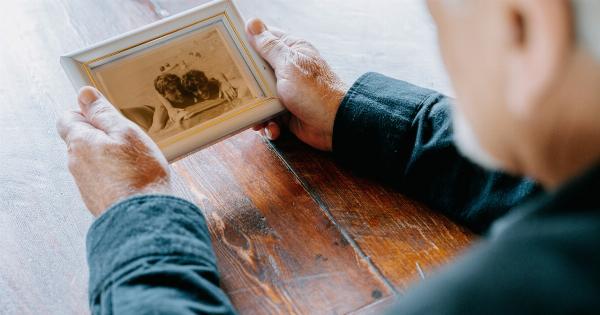For patients who have spent time in the intensive care unit (ICU), the aftermath can be a challenging and difficult experience. ICU patients often experience physical and emotional side effects, and may require ongoing medical care and rehabilitation.
In Koronio, a small town in Greece, patients who have been discharged from the ICU may face unique challenges as they navigate their recovery.
What is the ICU?
The ICU is a specialized unit in a hospital where critically ill patients receive round-the-clock care from a team of medical professionals.
Patients in the ICU typically require life-sustaining treatments and monitoring, such as mechanical ventilation, medication infusions, and continuous monitoring of vital signs.
The Physical Effects of ICU Stays
Patients who have spent time in the ICU may experience a range of physical side effects, including weakness, fatigue, and muscle wasting.
This is due in part to the extended periods of bed rest that ICU patients often require, which can lead to muscle atrophy and loss of strength.
Patients may also experience changes in their appetite and digestion, as well as difficulty with mobility and coordination.
Additionally, many patients who have been discharged from the ICU require ongoing medical care, such as wound care or physical therapy, to aid in their recovery.
The Emotional Toll of ICU Stays
In addition to physical side effects, patients who have spent time in the ICU may also experience emotional side effects. For example, many patients report feeling anxiety, fear, and uncertainty about their health and recovery.
It is not uncommon for patients to experience post-traumatic stress disorder (PTSD) following an ICU stay, particularly if they required mechanical ventilation or other invasive treatments.
Family members of ICU patients may also experience emotional distress, including anxiety, depression, and feelings of helplessness.
It can be challenging to watch a loved one undergo intensive medical treatments and experience serious health complications.
Unique Challenges in Koronio
In Koronio, patients who have been discharged from the ICU may face unique challenges as they navigate their recovery. For one, the town is located in a rural area, which can limit access to specialized medical care and rehabilitation services.
Additionally, many patients may struggle with language barriers, as Greek is the primary language spoken in the region.
Despite these challenges, there are resources available to help ICU patients in Koronio. One local organization, the Koronio Health Foundation, provides support and resources to patients and families who have been affected by serious health issues.
Coping Strategies for Patients and Families
If you or a loved one has been discharged from the ICU, it is important to have a plan in place for ongoing medical care and rehabilitation.
This may include physical therapy, occupational therapy, and other rehabilitation services, as well as ongoing monitoring of chronic health conditions.
It is also important to prioritize self-care and emotional support during the recovery process.
This may include seeking support from family and friends, participating in support groups, and practicing stress-management techniques such as meditation or yoga.
In Conclusion
The aftermath of an ICU stay can be a challenging experience for patients and families, but it is possible to navigate the recovery process with the right resources and support.
In Koronio, patients may face unique challenges, but there are resources available to help them through the recovery process. By prioritizing physical and emotional well-being, patients can work towards a successful recovery and improved quality of life.






























